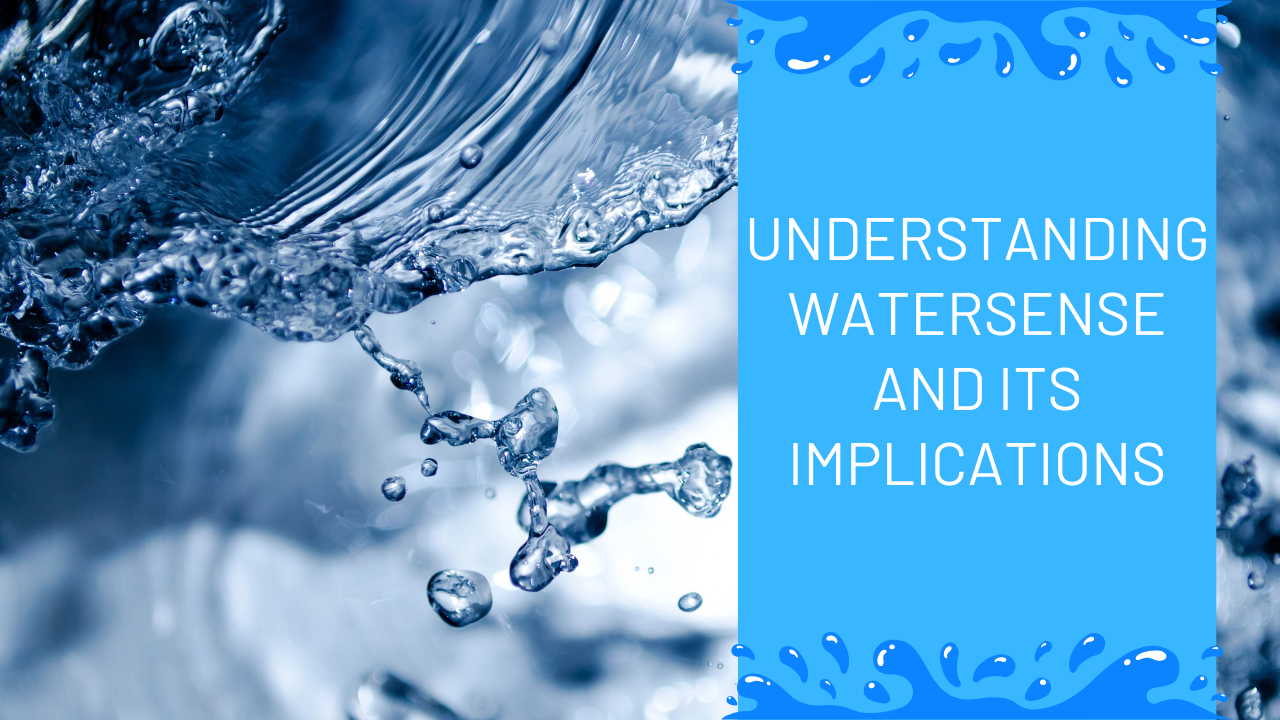Blog Post
-
Understanding WaterSense and Its Implications
May 12, 2025

Introduction
The landscape and irrigation industry is on the cusp of significant regulatory changes. States like Colorado and California are introducing mandates that require the use of WaterSense-labeled irrigation controllers, aiming to enhance water efficiency and conservation. These developments present both challenges and opportunities for landscape professionals, especially those utilizing advanced tools like Pro Contractor Studio.
Understanding WaterSense and Its Implications
The U.S. Environmental Protection Agency's WaterSense program labels products that meet specific water efficiency and performance criteria. Irrigation controllers with this label are designed to optimize water use, adjusting watering schedules based on local weather and landscape conditions. The push for WaterSense-labeled controllers signifies a move towards smarter, more sustainable irrigation practices.
State-Level Regulatory Updates
Colorado's HB 1161:
Effective January 1, 2026, Colorado mandates the sale of WaterSense-labeled irrigation controllers. This law also includes requirements for spray sprinkler bodies to have check valves. The implementation details are still being clarified, with discussions ongoing between the Colorado Department of Public Health and Environment, industry stakeholders, and the Associated Landscape Contractors of Colorado.California's Rulemaking Efforts:
The California Energy Commission is working on regulations that would require WaterSense-labeled controllers, potentially extending to agricultural irrigation systems. The scope and specifics are under deliberation, with industry groups actively engaging in the process to address concerns and provide input.Illinois' HB 1612:
Introduced to require WaterSense controllers, this bill has currently stalled. Industry associations have raised concerns about the bill's language and potential implementation challenges, leading to further discussions and revisions.
Challenges in Implementation
While the goal of water conservation is widely supported, the path to implementation is complex. Key challenges include:
-
Scope Definition: Clarifying whether regulations apply to both residential and agricultural systems, and how temporary or battery-powered controllers are treated.
-
Product Packaging: Determining if controllers and add-ons must be sold together or can remain separate, as currently allowed under the WaterSense program.
-
Consistency Across States: Avoiding a patchwork of state regulations that could complicate compliance for manufacturers and professionals operating in multiple regions.
Leveraging Technology for Compliance
Advanced tools like Pro Contractor Studio can play a pivotal role in navigating these regulatory changes. As a comprehensive landscape design software, it offers features that assist in:
-
Irrigation Design: Creating detailed irrigation plans that align with WaterSense standards.
-
Estimating and Planning: Utilizing pro contractor estimating software to forecast costs and ensure compliance with new requirements.
-
Site Planning: Employing site plan software capabilities to visualize and adjust designs in response to regulatory needs.
By integrating these tools, landscape professionals can streamline their workflows, ensure compliance, and continue to deliver efficient, sustainable designs.
Conclusion
The move towards mandatory WaterSense-labeled irrigation controllers marks a significant shift in the landscape industry, emphasizing sustainability and efficient water use. While challenges in implementation exist, staying informed and leveraging advanced design tools like Pro Contractor Studio can position professionals to adapt successfully. As regulations evolve, proactive engagement and technological adoption will be key to thriving in this new landscape.
-